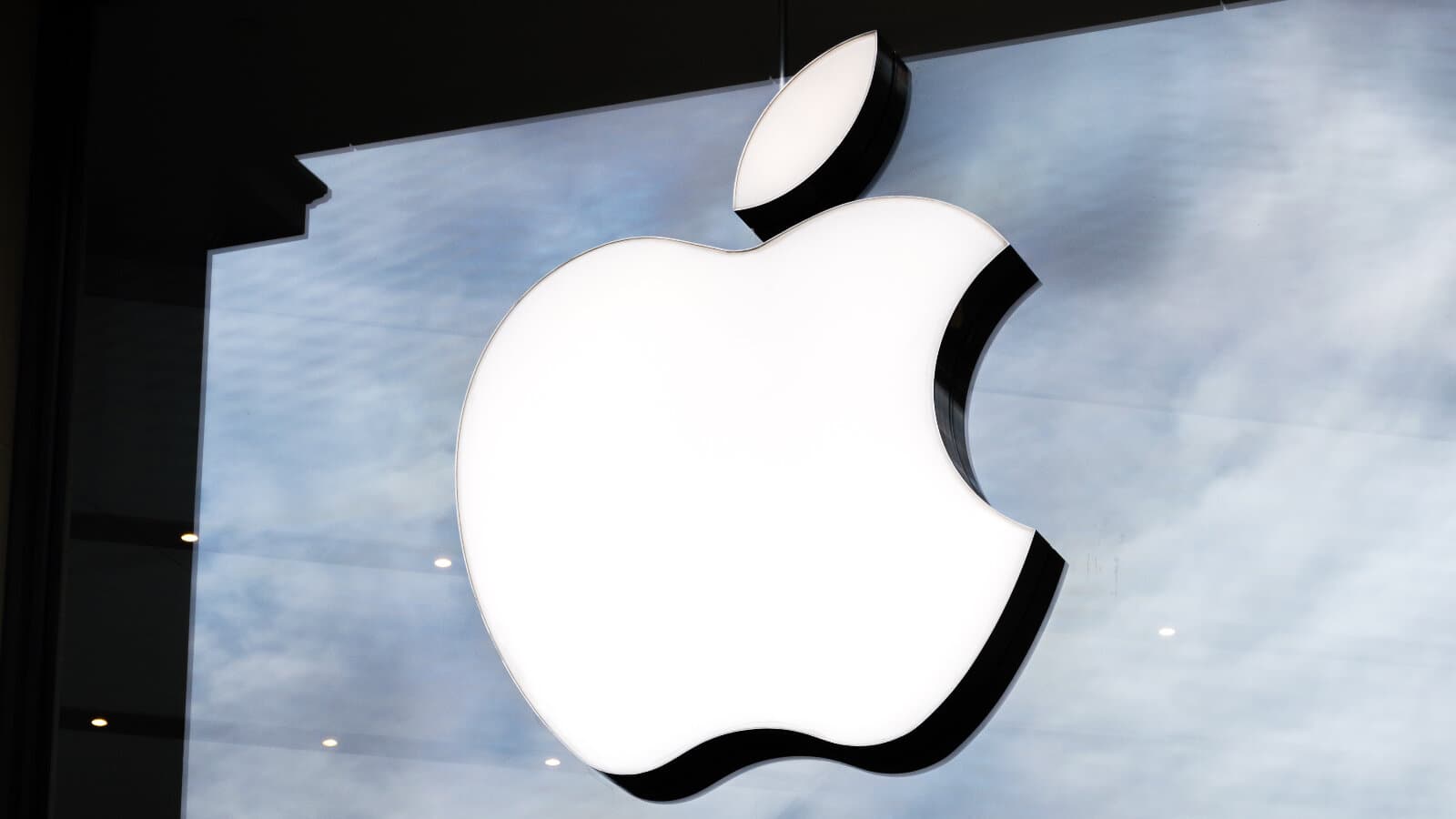Apple Takes Bite Out of App Store NFTs in Hunt For Revenue
Apple appears to be clamping down on crypto and other NFT apps circumventing its App Store fee model, which demands up to 30% commission

Source: Shutterstock
- Apple has restricted App Store apps to basic NFTs which don’t unlock content or additional functionality
- Showcasing NFTs is still allowed but external links are prohibited, considered a move to gather revenue from in-app purchases
Apple has taken a swipe at the fledgling NFT ecosystem growing in its App Store — less than a month after the tech giant approved tokens to be bought and sold on the platform.
Following an update to its Review Guidelines on Monday, Apple said approved apps may allow viewing NFTs only if they don’t unlock content or offer additional functionality.
Apple cited banned content and functions including license keys, augmented reality markers, QR codes, cryptocurrencies and cryptocurrency wallets.
NFT-related functions in-app — such as sales, mints, listings or transfers — are OK, but that’s as far as it goes. Blockworks reached out to Apple but did not receive a response by press time.
While Apple does let apps showcase NFT collections, the Cupertino-based firm has disallowed external links or buttons that take customers away from the App Store to facilitate purchases, such as via OpenSea auctions.
Apple also targeted crypto exchanges operating out of bounds. Those apps are now prohibited from facilitating transactions unless they are offered only in countries or regions where the platform has appropriate licensing and permission.
Apple wants its cut of NFT revenue
Aimed at curbing the NFT profits made by apps outside its store, thus circumventing fees, Apple’s latest guidelines have attracted skepticism from both the crypto community and gaming industry veterans.
Apple had already drawn flak when it first allowed NFTs on the App Store in late September. The company — the largest public company in the world — revealed it would take a 30% cut from app developers who make over $1 million and 15% for those who make less, aligning with Android’s Google Play policies.
Apple also nixed any hopes of the App Store accepting crypto payments in the short-term. All related transactions must be denominated in USD, not digital assets.
“It’s clear Apple doesn’t want NFT sales that happen outside of its store to unlock benefits on iOS because it wants its 30% commission from the sale of in-app features,” MyMetaverse CEO Simon Kertonegoro told Blockworks.
Only NFT wallets, marketplaces and libraries can function on Apple devices while Web3 games are not welcome, Kertonegoro said.
Earlier this month, Morgan Stanley reported that App Store monthly revenues had fallen 5% year on year in September, their biggest drop since it started tracking them in 2015.
Get the news in your inbox. Explore Blockworks newsletters:
- The Breakdown: Decoding crypto and the markets. Daily.
- 0xResearch: Alpha in your inbox. Think like an analyst.






